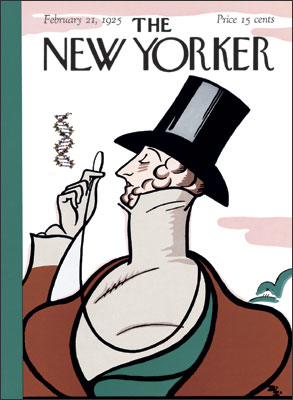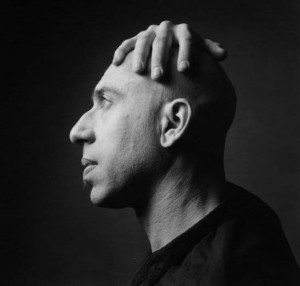No honorary Oscars will be given at the Sunday ceremony, as I understand it. Sorry if you’ve been waiting 60 years to see Lauren Bacall get her statue. Wanted to see cinematographer Gordon Willis, the “prince of darkness” get his? The man who revolutionized the look of American movies (see Klute as an example his low-light style, shot before film technology and his influence made this look commonplace) won’t be on the big broadcast either.
Bacall and Willis got their lifetime achievement awards at a separate ceremony. And they were joined by a legend of another kind, Roger Corman, who was also recognized. Corman is known as being film school and proving ground to a generation of filmmakers including Best Picture/Director winners Jonathan Demme, Martin Scorsese and Ron Howard. His low-budget filmmaking style was trailblazing and the industry can attest to his skills as a businessman, as hinted at by his 1990 autobiography’s title, How I Made A Hundred Movies in Hollywood And Never Lost A Dime. Still, his contributions as an artist should also be considered as part of this equation. Two recommendations:
The Intruder is a film about race relations with an edge more akin to Melvin Van Peebles and Spike Lee than to the pious political correctness in “good-for-you” message pictures of the day. The title may sound sci-fi, but the monster here is the racist activist preacher, dressed in white, and interested as much in his cause as he is at advancing his ego. His casting of a young William Shatner as the lead, Corman channels all the actor’s elements—his sex appeal, charm, the cheese behind the smile—is downright prescient, forecasting the hallmarks of Shatner’s enduring, fascinating appeal. The narrative unfolds mysteriously; it’s half-way through before we’re comforted by the film’s political position. And Corman uses visual elements such as flashing lights and audio inserts such as the sounds of baby’s cry during the panning of an angry white mob to an expressionistic effect.
The Trip is another unique Corman effort. Written by a young Jack Nicholson (Corman wasn’t so prescient when he would cast Bruce Dern over Nicholson sometimes, but…), the film is neither the celebratory stoner jam nor the admonition picture that every drug-centered film predictably becomes (in fact, to gain Catholic Legion of Decency approval the film’s final image features a mirror-crack effect over lead Peter Fonda’s face). The narrative becomes reportage. Simply, this is a man’s first acid trip. One stunning sequence features Fonda entering someone’s home and speaking with a young kid who can’t sleep. As the two talk as equals, the scene manages to be both startlingly creepy and uncommonly respectful. It’s exciting to see Corman recognized by the Academy. His quick shooting style and business acumen shouldn’t obscure his status as an auteur of solid work.



















